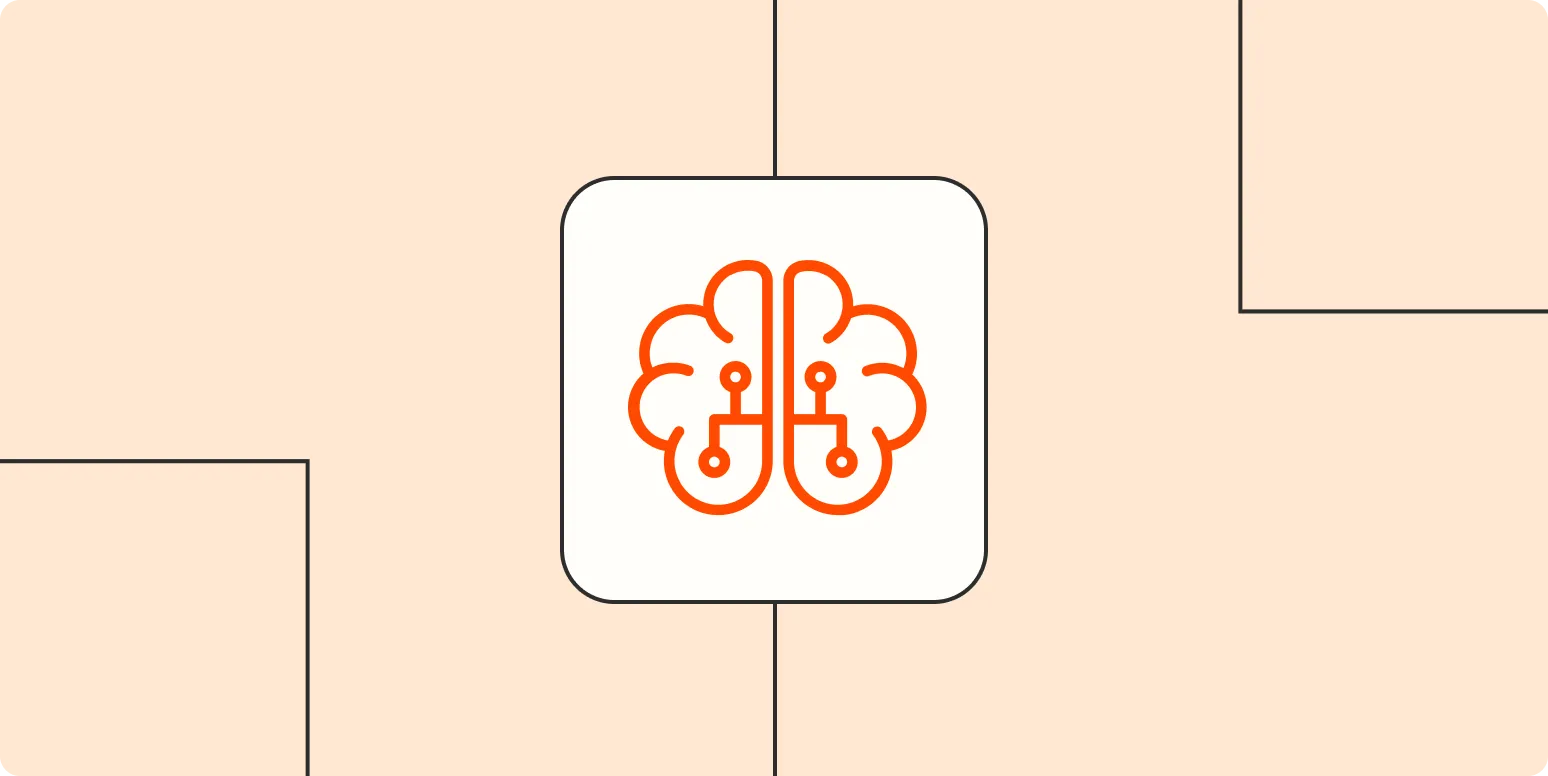Living with anxiety can feel overwhelming, but I've discovered several effective strategies that help me manage my symptoms. Each person may find different techniques helpful, but I believe these six methods have made a significant difference in my life. Below, I'll share these strategies, along with a chart that highlights their benefits.
1. Mindfulness Meditation
Mindfulness meditation is one of the most powerful tools in my anxiety toolkit. By focusing on the present moment, I can reduce racing thoughts and feelings of panic. Regular practice helps me develop a greater awareness of my emotions and thoughts, leading to a calmer state of mind.
2. Physical Exercise
Engaging in physical exercise is not only good for the body but also beneficial for the mind. Whether it’s going for a run, practicing yoga, or even taking a brisk walk, exercise releases endorphins that can improve mood and reduce anxiety levels. I find that incorporating regular workouts into my routine has a positive impact on my overall mental health.
3. Healthy Eating
What we consume directly affects our mental well-being. A balanced diet rich in fruits, vegetables, whole grains, and lean proteins can help stabilize mood and energy levels. I’ve noticed that reducing caffeine and sugar intake also plays a significant role in managing my anxiety. Staying hydrated is equally important as dehydration can heighten anxiety symptoms.
4. Journaling
Writing down my thoughts and feelings in a journal has been incredibly therapeutic. Journaling allows me to process my emotions and reflect on my experiences. It serves as an outlet for my anxiety, providing clarity and helping me identify triggers. I often find that once I write things down, they feel less intimidating.
5. Seeking Support
Connecting with friends, family, or a mental health professional can make a world of difference. Talking about my feelings with someone I trust helps alleviate the burden of anxiety. Support groups can also provide a safe space to share experiences and learn from others who understand what I’m going through.
6. Breathing Techniques
When anxiety strikes, deep breathing can be a quick and effective way to regain control. Practicing deep breathing exercises helps calm the nervous system and reduce immediate feelings of panic. I often use techniques such as the 4-7-8 method, where I inhale for four seconds, hold for seven seconds, and exhale for eight seconds. This practice can be done anywhere and at any time, making it a convenient tool for managing anxiety.
Chart: Benefits of Anxiety Management Techniques
| Technique | Benefits |
|---|---|
| Mindfulness Meditation | Reduces stress, increases awareness, promotes emotional regulation |
| Physical Exercise | Boosts mood, reduces tension, improves sleep |
| Healthy Eating | Stabilizes energy levels, enhances mood, supports overall health |
| Journaling | Helps process emotions, identifies triggers, fosters self-reflection |
| Seeking Support | Provides emotional relief, fosters connection, shares coping strategies |
| Breathing Techniques | Calms the nervous system, reduces panic, easy to practice |
Incorporating these six techniques into my daily routine has significantly helped me work through anxiety. While the journey may not be easy, finding effective strategies can empower those struggling with similar feelings. Remember, everyone’s experience with anxiety is unique, so it may take time to discover what works best for you. By prioritizing mental health and being proactive in managing anxiety, we can lead a more fulfilling life.
Finding the right ''anxiety management techniques'' is essential for anyone looking to improve their mental well-being. Whether through mindfulness, physical activity, or simply seeking support, these tools can help create a balanced and healthy lifestyle. If you or someone you know is struggling with anxiety, consider exploring these strategies and see how they can contribute to a calmer mind and a more enjoyable life.





